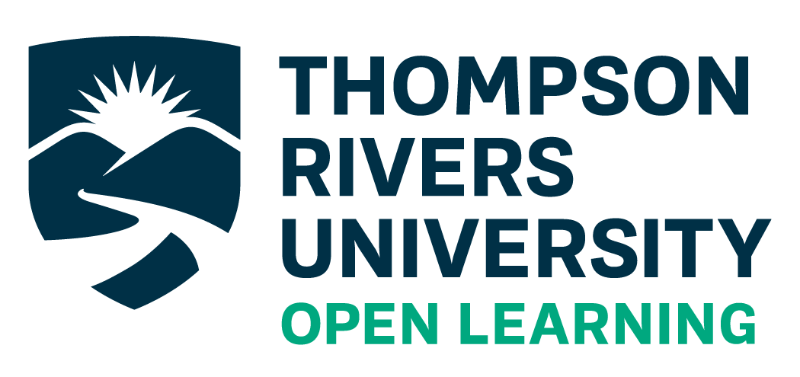Language Theory: What You’re Really Editing Is the Person
This week several editors attended an Editors Canada webinar: “Language Theory: What You’re Really Editing Is the Person” presented by Michael (Mike) Jones at the University of Calgary. He questioned if editors can be “advocates for the reader” (in the words of EAC President Anne Louise Mahoney), and together we examined the relationship between writer…
